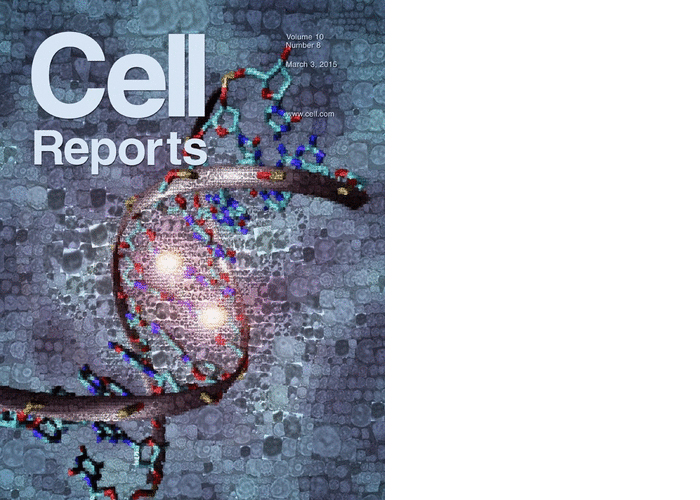Researchers at CeMM have developed a method for studying DNA methylation in single cells
Share
Dissecting the human epigenome one cell at a time
Every human life starts from a single cell. This cell, the zygote, undergoes many rounds of cell division and epigenome remodeling as it gives rise to the different cell types in the human body. Each organ of our body comprises a handful of cell types that serve specific biological functions. But there is often significant variation between single cells of the same type. Such cell-to-cell differences become particularly relevant in cancer, when a single cell that is by chance resistant to chemotherapy can become the “winner” of massive evolutionary selection in response to therapy, which can lead to a drug-resistant cancer relapse that eventually kills the patient. Studying epigenome changes in single cells would be highly relevant for cancer research, in developmental biology, and other areas of the biomedical sciences.
Farlik, Sheffield et al. now present a new method for studying DNA methylation, which is a key aspect of the human epigenome, in single cells, and they present the first single-cell derived DNA methylation maps for the human genome. Their method combines a new way of preparing sorted single cells for DNA methylation sequencing with a bioinformatic algorithm that can robustly infer the epigenetic cell state dynamics from the patchy and incomplete data of single cells. Key to the success was a change of perspective in their way of analyzing genome-wide data: Rather than treating the genome as a long series of the letters A, C, G, and T without any relevant structure or organization, the new algorithm incorporates the vast amount of genome annotation that has been generated by international initiatives such as the ENCODE project and the International Human Epigenome Consortium. Because genomic regions with the same annotation tend to respond similarly to changes in epigenetic cell state, the single-cell DNA methylation data can be combined across functionally related genomic elements using a statistical model that compensates for the fact that epigenome data from single cells is unavoidably incomplete.
Going forward, single-cell DNA methylation analysis will be particularly useful for dissecting epigenome defects in cancer, which are common in all cancer patients and can result in epigenetic resistance against chemotherapy. Furthermore, the new study outlines a “composite methylomes” strategy for measuring DNA methylation genome-wide in rare cell types that are too infrequent to be compatible with the classical whole genome bisulfite sequencing protocol, and which provides a full account of cell-to-cell variability within the sample. This approach is currently used as part of the European Union funded BLUEPRINT project to establish comprehensive DNA methylation maps of blood stem cells and their differentiating progeny.
Reference: Farlik M, Sheffield NC, Nuzzo A, Datlinger P, Schönegger A, Klughammer J, Bock C (2015). Single-cell DNA methylome sequencing and bioinformatic analysis of epigenomic cell state dynamics. Cell Reports, doi:10.1016/j.celrep.2015.1002.1001.
(The full paper is freely available as open access from the journal website. Open access charges were funded by the FWF.)

